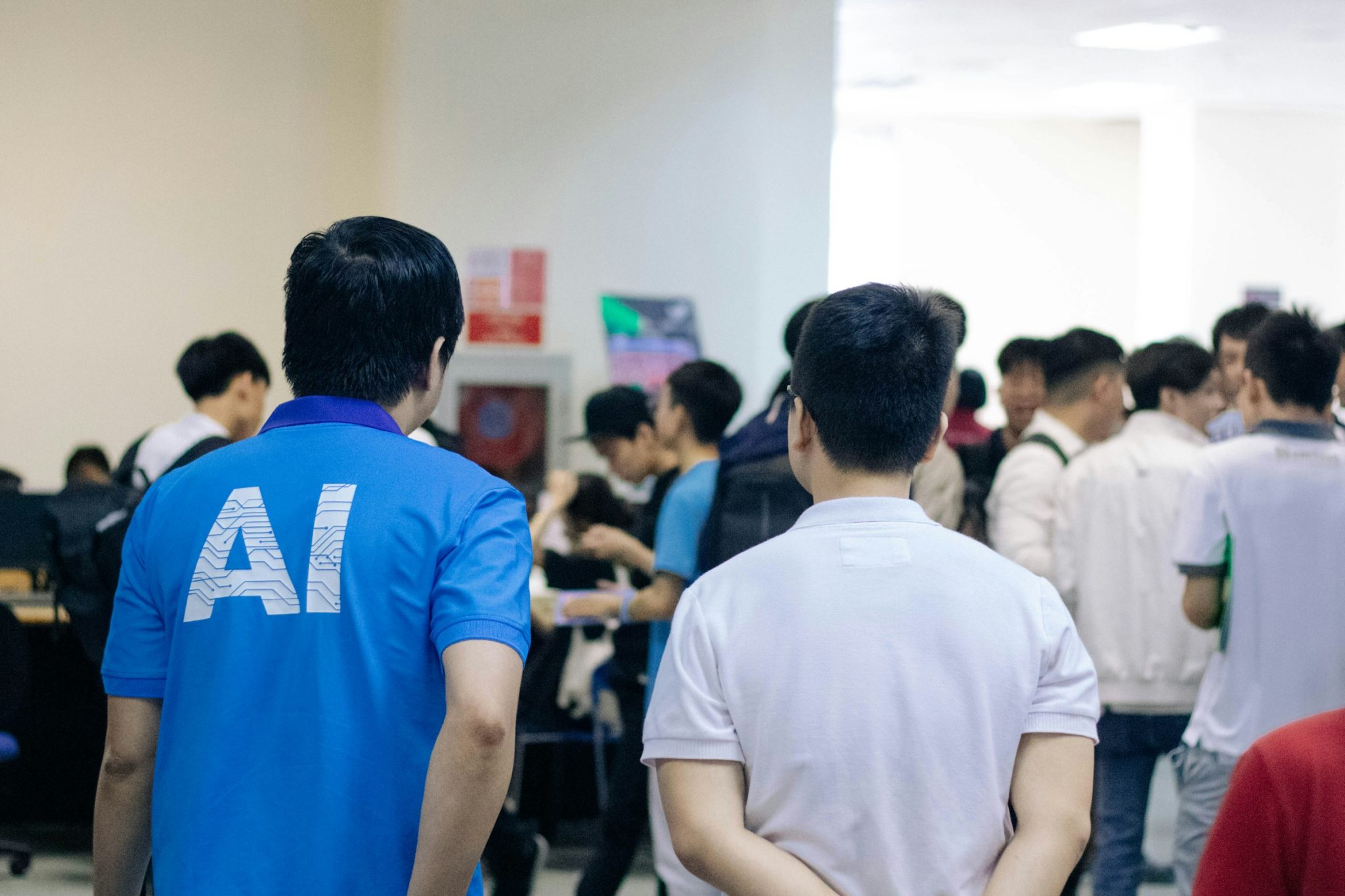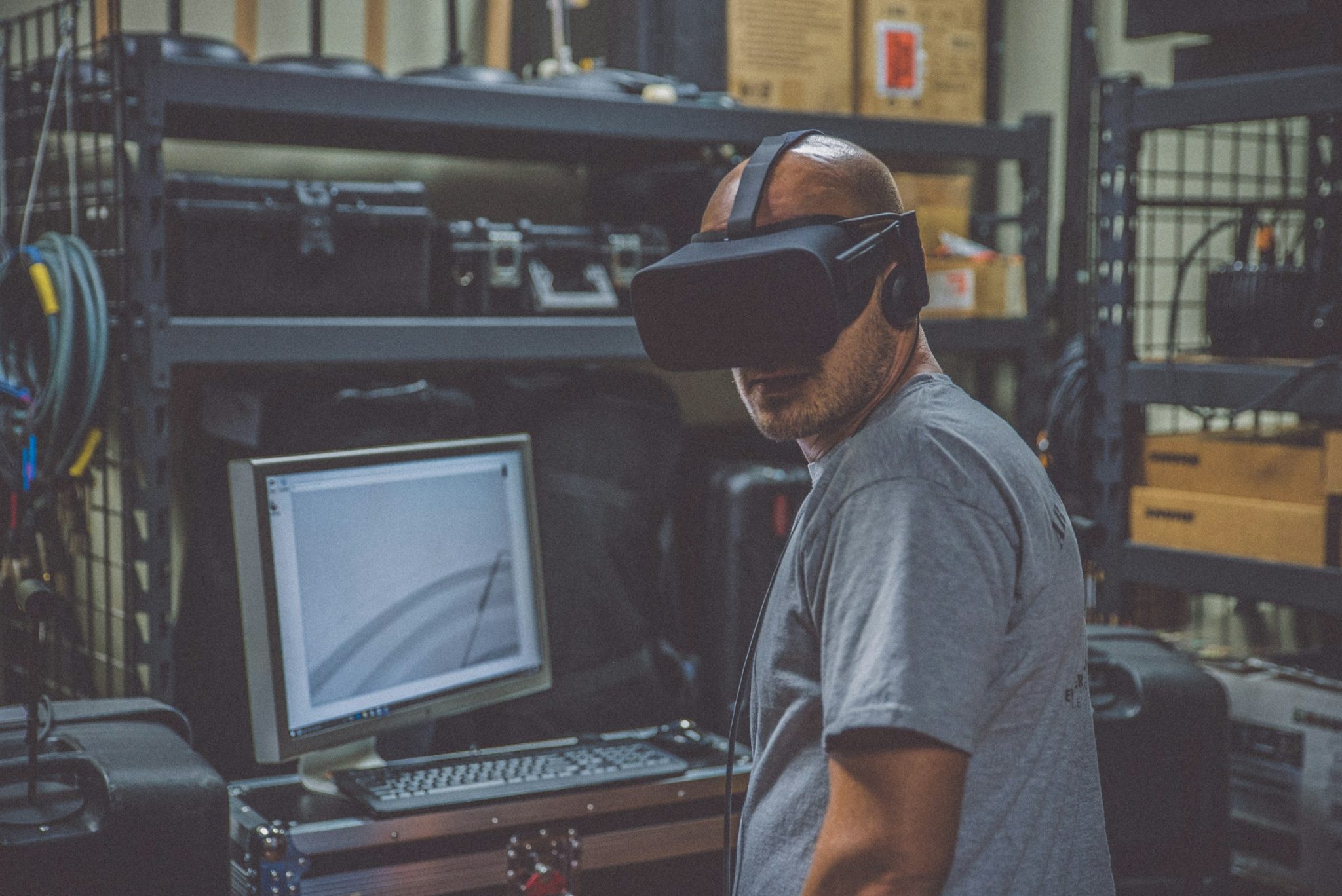The global foreign exchange market, or forex market, has long been a hub of financial activity, with trillions of dollars traded on a daily basis. As technology continues to advance, the role of artificial intelligence (AI) in forex trading has become increasingly significant. AI has the potential to revolutionize the way currencies are bought and sold, with the ability to analyze vast amounts of data in real-time and make trading decisions based on complex algorithms. In this article, we will explore the basics of forex trading, the emergence of AI in this field, the benefits it offers, and the future of AI in forex trading.

Table of Contents
Understanding the Basics of Forex Trading
The currency market plays a crucial role in global trade, as it determines the value of one currency relative to another. It provides a platform for businesses and individuals to exchange currencies for various purposes, such as international trade, tourism, and investment. Forex trading involves buying one currency while simultaneously selling another, with the aim of profiting from fluctuations in exchange rates.
Forex trading is conducted through a decentralized network of banks, financial institutions, and individual traders, operating 24 hours a day across different time zones. This liquidity and availability of trading opportunities make forex an attractive market for investors.
The Role of Currency in Global Trade
Currencies serve as a medium of exchange, facilitating international trade by eliminating the need for direct barter. When countries engage in trade, they often conduct transactions using different currencies. Exchange rates determine the value of one currency relative to another, influencing the costs of imports and exports. Understanding the interplay between currencies is essential for forex traders.
The Concept of Forex Trading
Forex trading involves speculating on the future price movements of currencies. Traders make profit by buying a currency at a lower price and selling it at a higher price, or vice versa. The exchange rate between two currencies is influenced by a wide range of factors, including economic indicators, geopolitical events, and market sentiment.
To navigate the forex market successfully, traders employ various strategies, such as technical analysis, fundamental analysis, or a combination of both. Technical analysis involves studying historical price patterns and indicators to predict future price movements. Fundamental analysis, on the other hand, focuses on analyzing economic data and news events to identify long-term trends.
The Emergence of AI in Forex Trading
With the advancement in computing power and the availability of big data, AI has made significant inroads into the forex market. AI refers to the development of computer systems capable of performing tasks that would typically require human intelligence. In forex trading, AI algorithms analyze vast amounts of data, identify patterns, and make predictive decisions to execute trades.
The Intersection of AI and Forex
AI in forex trading involves the application of machine learning and deep learning algorithms to analyze historical and real-time market data. These algorithms learn from patterns observed in the data and use this knowledge to make informed trading decisions autonomously. By continuously adapting and improving their strategies based on market conditions, AI systems can potentially outperform human traders.
How AI is Changing the Forex Landscape
AI brings several advantages to the forex trading industry. Firstly, AI systems are capable of processing vast amounts of data in real-time, enabling faster and more accurate analysis. This allows traders to make informed decisions quickly and take advantage of market opportunities.
AI also eliminates human biases and emotions from decision-making, leading to more objective and consistent trading strategies. It can identify patterns and correlations that human traders may overlook, leading to improved trading outcomes. Furthermore, AI systems have the ability to monitor multiple currency pairs simultaneously, identifying correlations and opportunities across different markets.
The Benefits of AI in Forex Trading
The integration of AI in forex trading offers numerous benefits to traders and investors alike. One of the key advantages is increased accuracy and efficiency in decision-making.
Increased Accuracy and Efficiency
AI algorithms can analyze vast amounts of historical and real-time data within seconds. By considering multiple variables and indicators, AI systems can make more accurate predictions on market trends, helping traders make better-informed decisions. This enhanced efficiency allows traders to capitalize on short-term opportunities and react swiftly to changing market conditions.
Risk Management and Prediction
AI systems can also play a vital role in managing risk in forex trading. These systems can identify potential risks and automatically implement risk management strategies such as setting stop-loss orders or adjusting trade positions based on predefined parameters. By continuously monitoring market conditions, AI systems can predict potential market movements and adjust trading strategies accordingly.

The Future of AI in Forex Trading
As AI continues to evolve, the future of forex trading holds exciting possibilities. The integration of AI with other emerging technologies, such as blockchain and quantum computing, could further enhance the capabilities of forex trading systems.
Potential Developments and Innovations
AI-powered trading systems may become more sophisticated, incorporating natural language processing to analyze news sentiment and social media data for market insights. The use of predictive analytics and sentiment analysis can provide traders with valuable information on market trends and investor sentiment, aiding in decision-making.
Challenges and Opportunities Ahead
Despite the potential benefits, the integration of AI in forex trading also poses challenges. Ethical considerations, such as the use of AI algorithms for market manipulation, need to be addressed. As firms get started with quantum AI, which promises to revolutionize the industry with its superior computational abilities, the complexities increase. Additionally, as AI systems become more prevalent, there may be a need for regulation and oversight to ensure fair and transparent trading practices.
Nevertheless, the opportunities that AI presents in the forex market are abundant. By leveraging AI technologies, traders can enhance their decision-making capabilities, improve trading outcomes, and harness market efficiencies that were previously unattainable.
- About the Author
- Latest Posts
Whether she is researching the latest trends in home decor, life-changing destination getaways, or the best way to maintain your finances, Dewey takes pride in leaving no stone unturned. She is passionate about distilling and delivering high-quality information that you can use to upgrade your life.

